
T-Systems operates data networks and processes data on behalf of its customers worldwide in its own data centers, giving absolute top priority to data protection and data security. The ICT provider therefore has its services audited regularly by independent institutes. Furthermore, the provider has its compliance with global standards accredited, for instance, through respective certifications.
Sustainable corporate management is the basis for the wide range of certificates awarded. T-Systems subsidiaries thus currently meet standards ranging from quality management, information security management, and service management requirements to environmental management, occupational safety, and health care.
T-Systems achieves excellent scores in surveys, for example, on customer satisfaction. In the current TRI*M study by TSN Infratest, the Deutsche Telekom subsidiary is once again among the top 10 percent of European ICT service providers.
All activities relating to ISO management system certifications and regular reviews in accordance with international standards are managed by the DTAG Group's global Certification Management Team. T-Systems is an integral part here, which ensures that customers worldwide are aware about the high standards and can enter into a trustworthy working relationship.
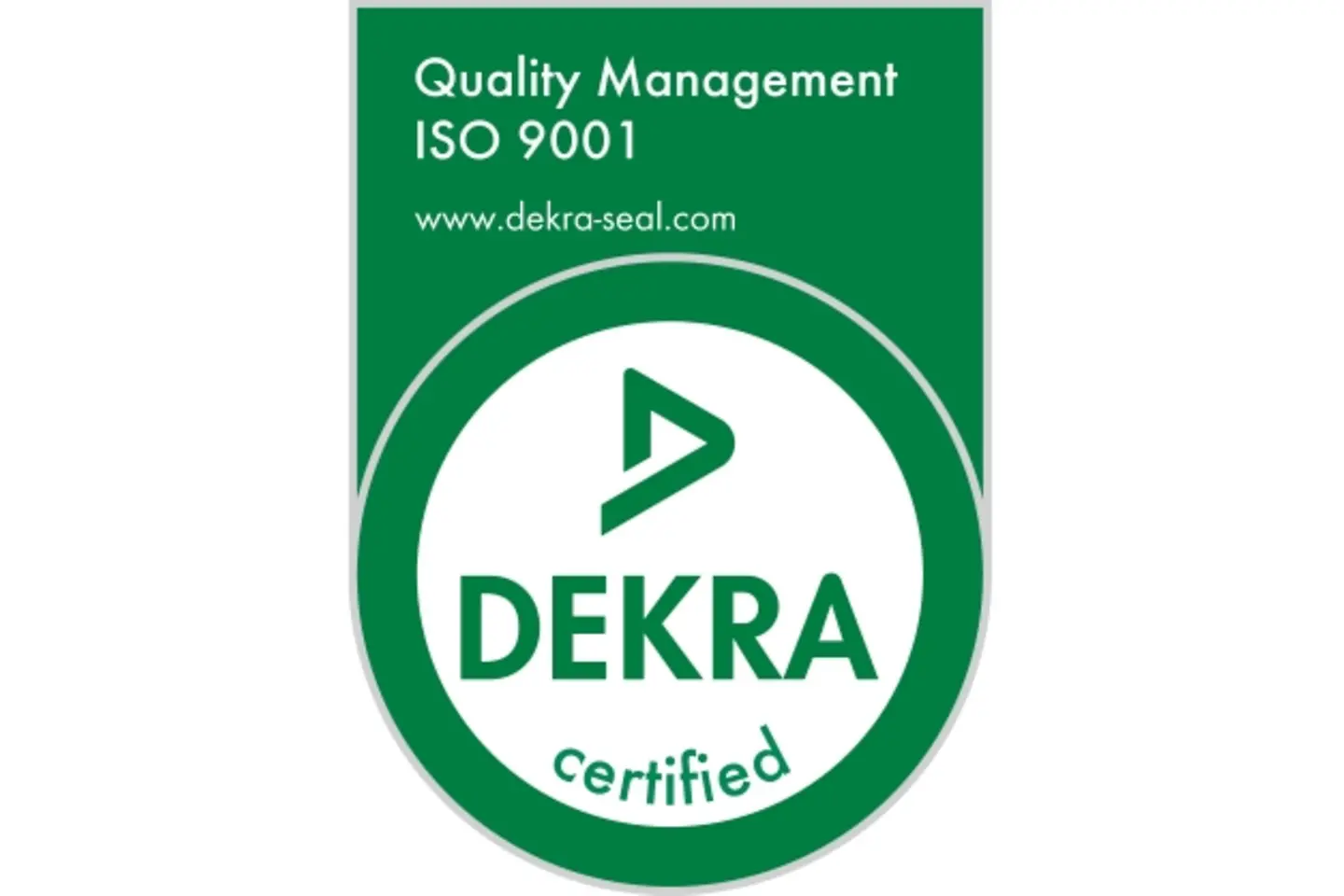
As an internationally established standard, ISO 9001 outlines the minimum requirements for a quality management system that an organization must fulfill in order to provide products and services that meet both customer expectations and legal requirements.
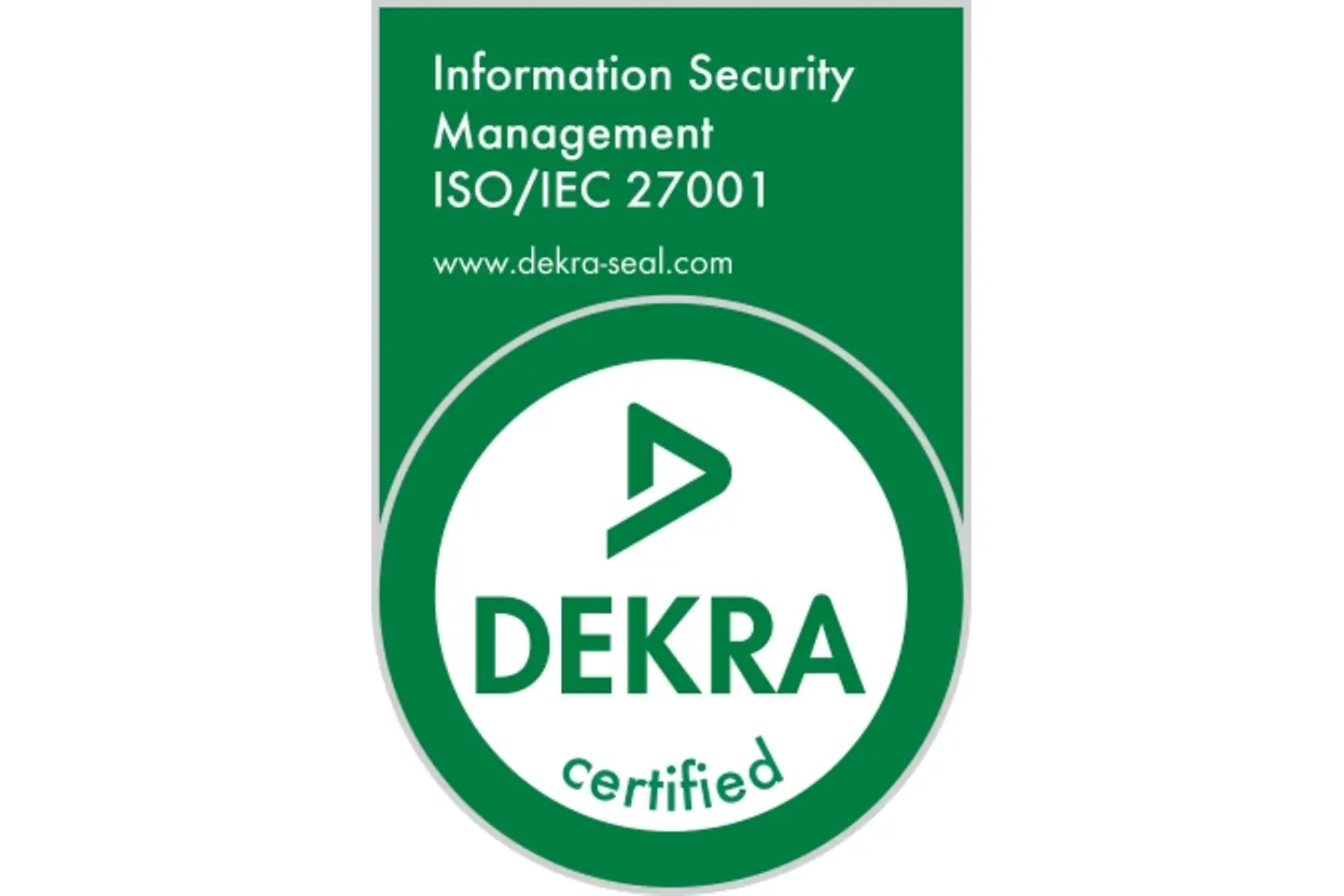
As an international standard, ISO/IEC 27001 defines requirements for the rollout, implementation, monitoring, and optimization of information security management systems (ISMS).
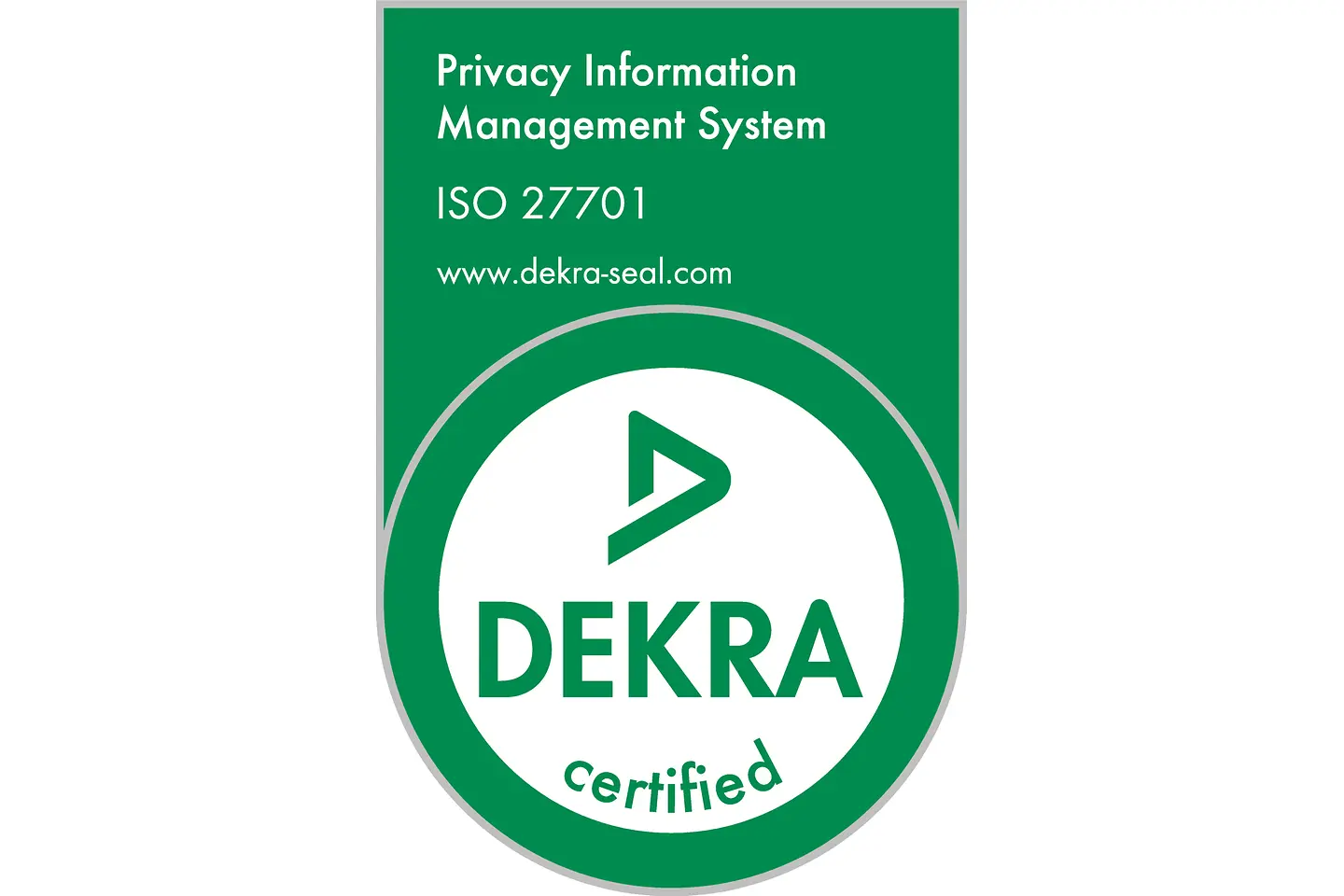
This ISO/IEC 27701 standard specifies requirements and provides guidance for establishing, implementing, maintaining and continually improving a privacy information management system in the form of an extension to ISO/IEC 27001 and ISO/IEC 27002 for privacy information management.
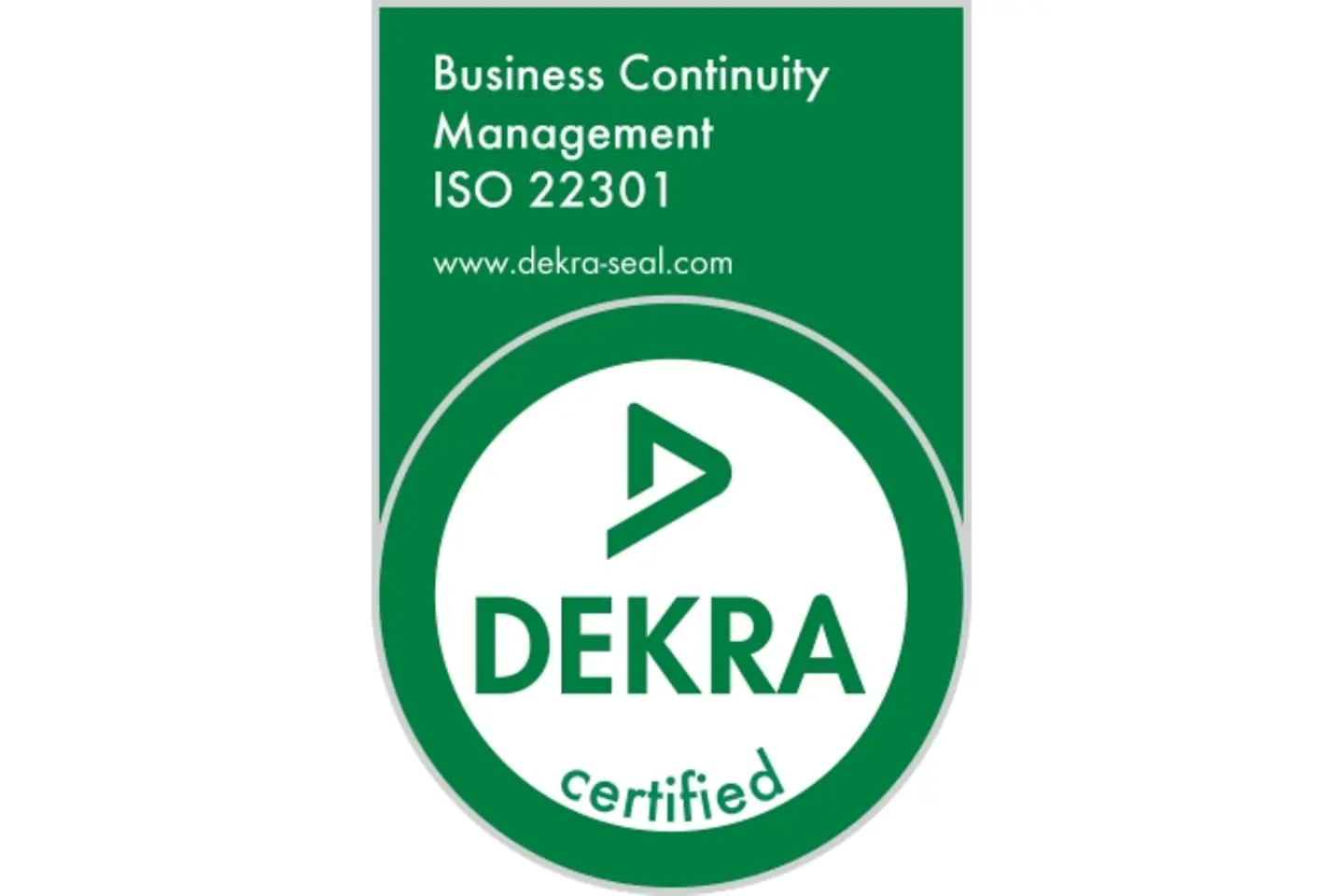
The internationally valid ISO standard 22301 provides the framework for holistic business continuity management in the company in order to minimize potential damage in the event of a disruption.
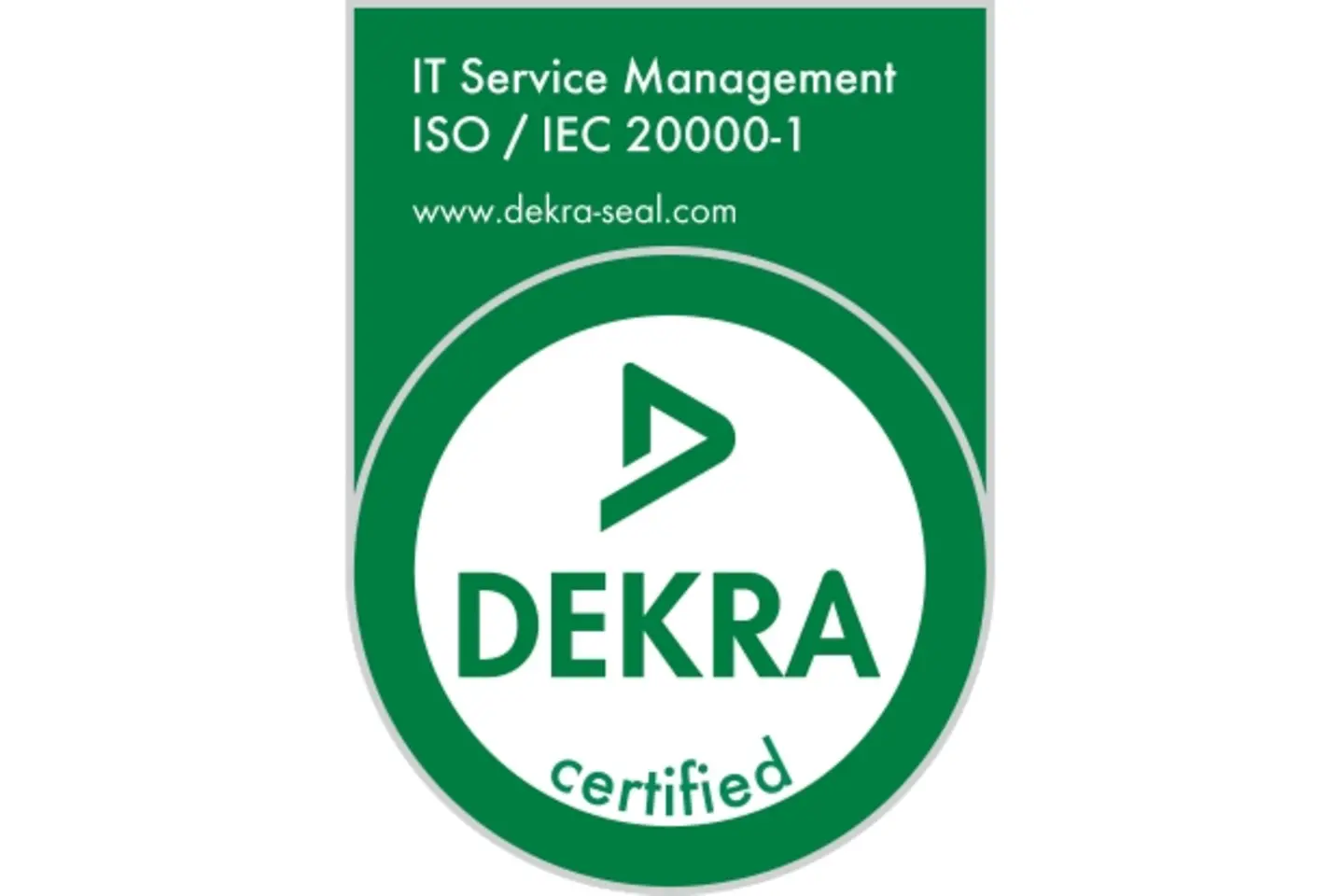
ISO/IEC 20000-1 specifies requirements for service providers for the enhanced planning, rollout, implementation, operation, monitoring, review, maintenance, and improvement of their SMS.
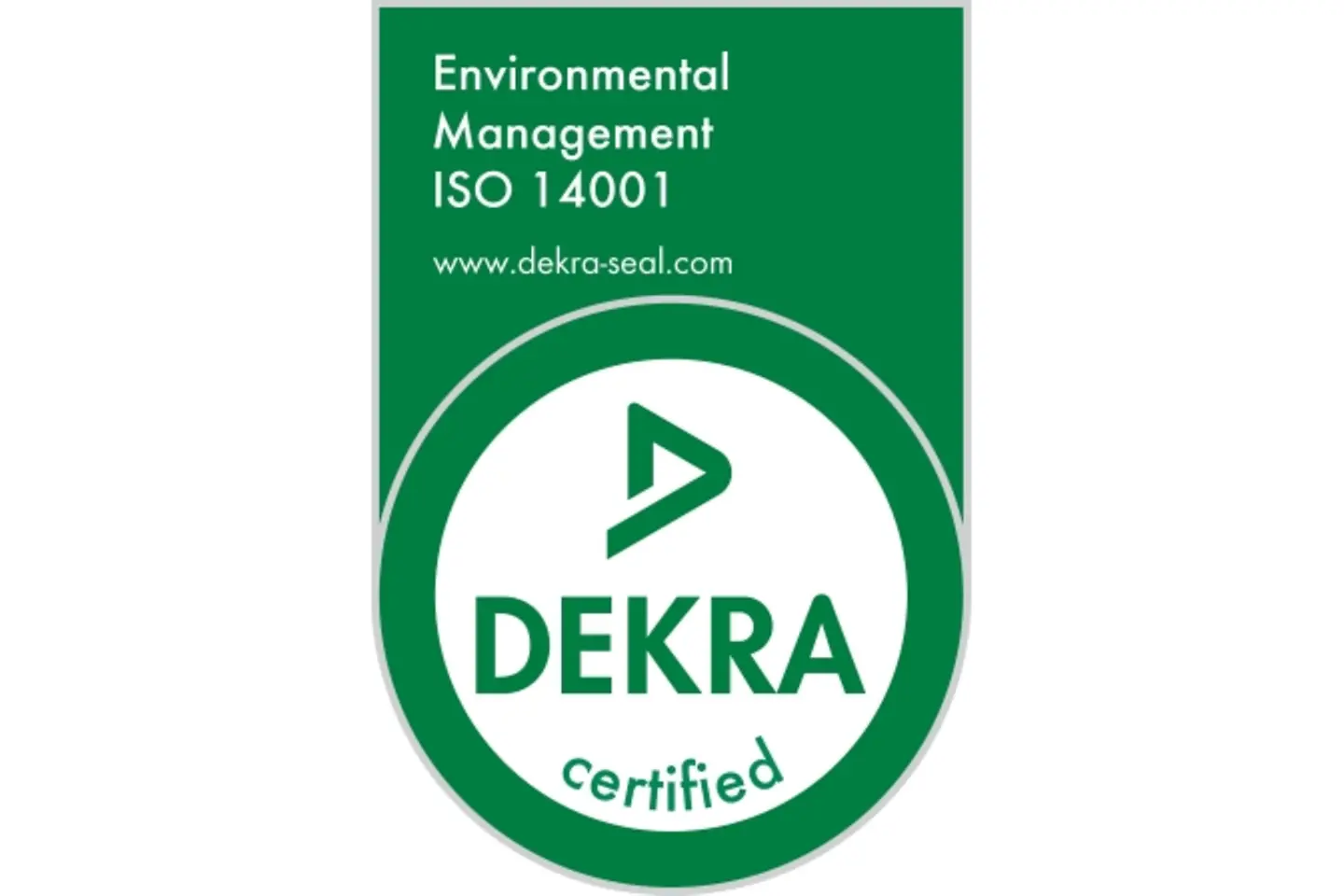
This certification is proof of a cost-effective and efficient environmental management system. ISO 14001 identifies weaknesses in the environmental management system, thus laying the foundation for a continuous improvement process.
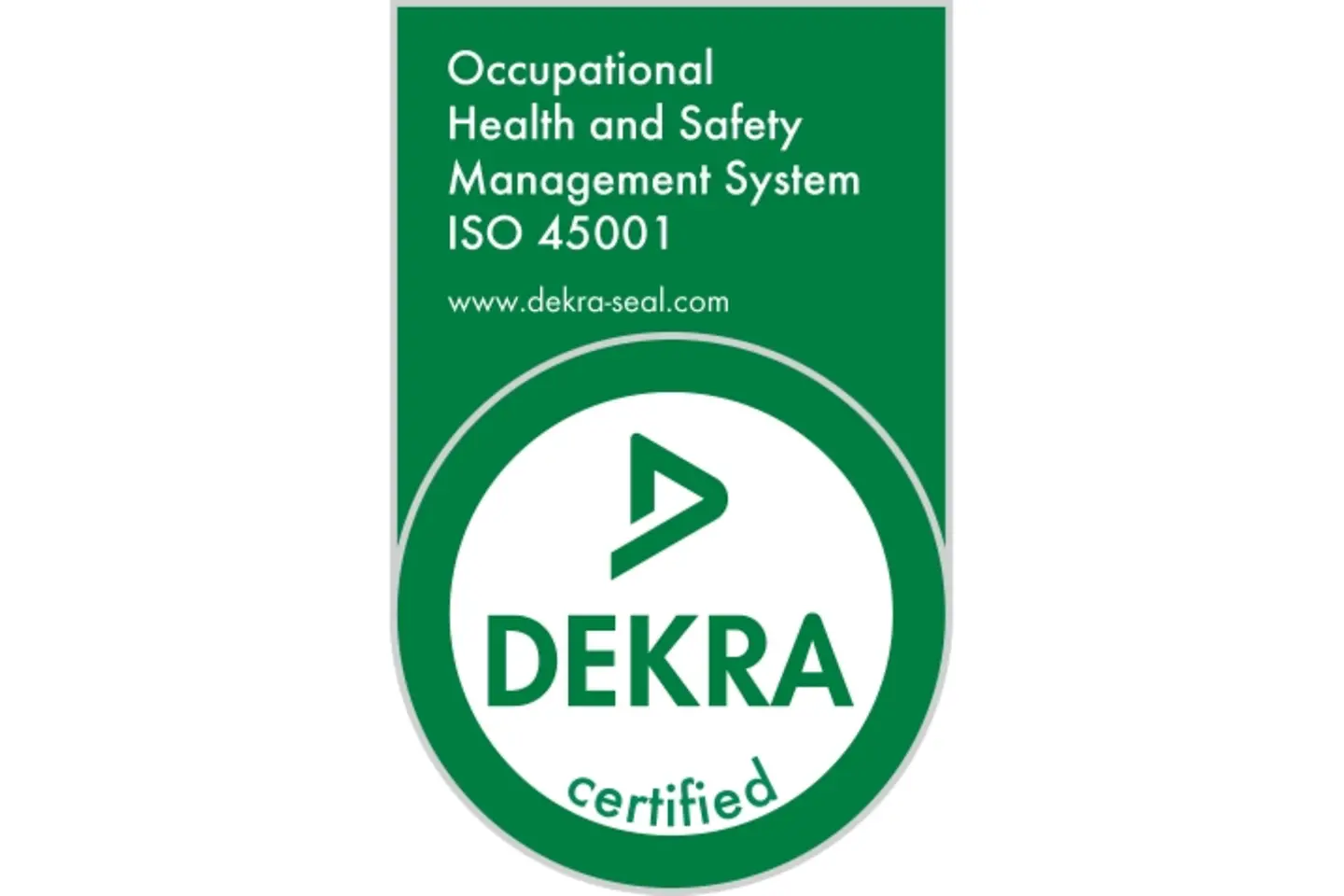
The emphasis of the ISO 45001 standard is on the protection of people, their occupational safety, and health care. Preventive measures must be implemented to avoid accidents and illnesses.
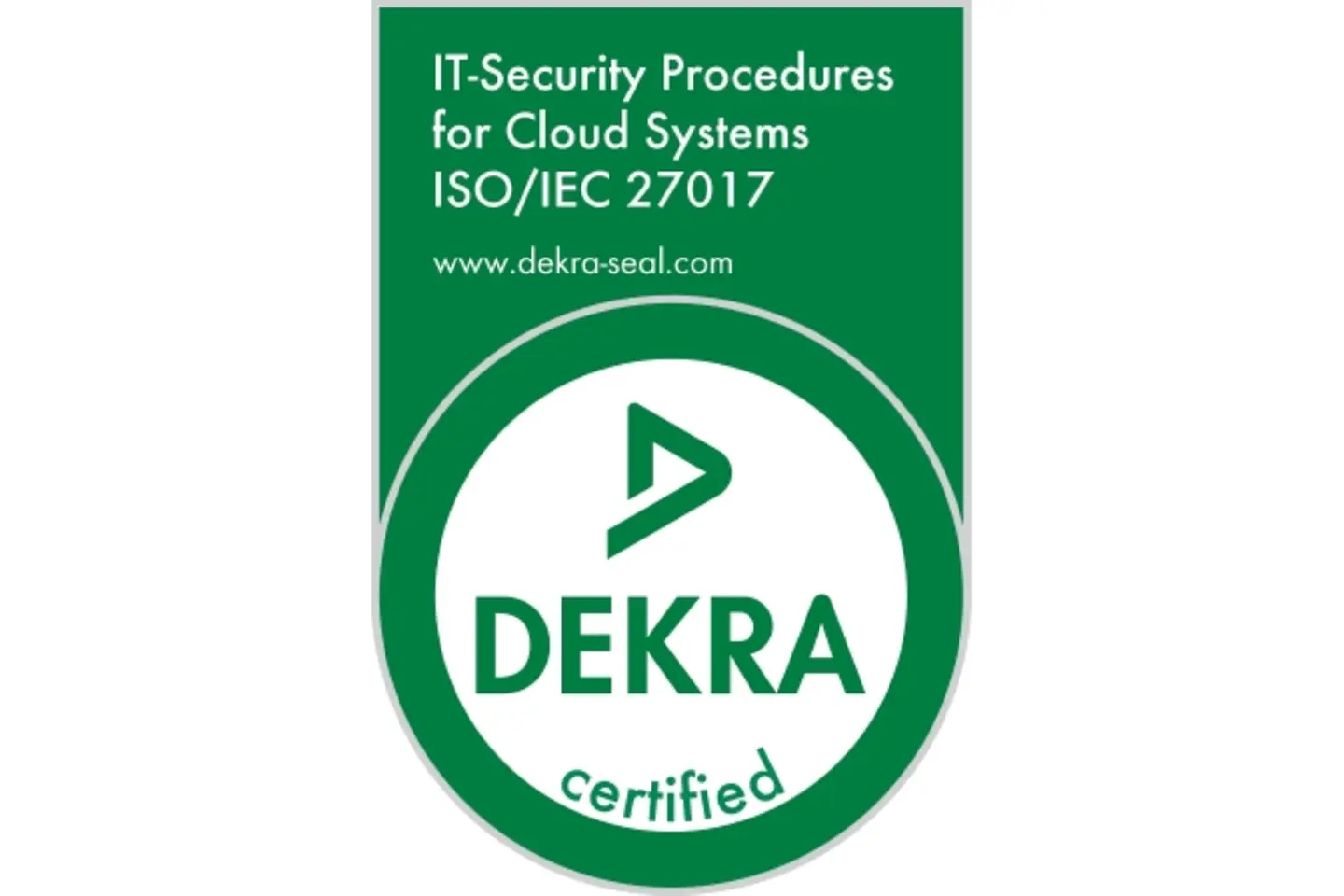
ISO/IEC 27017 provides guidance on the information security aspects of cloud computing. The standard gives guidelines for information security controls applicable to the provision and use of cloud services by providing:
This standard provides controls and implementation guidance for both cloud service providers and cloud service customers to help make cloud services as safe and secure as the rest of the data included in a certified information management system.
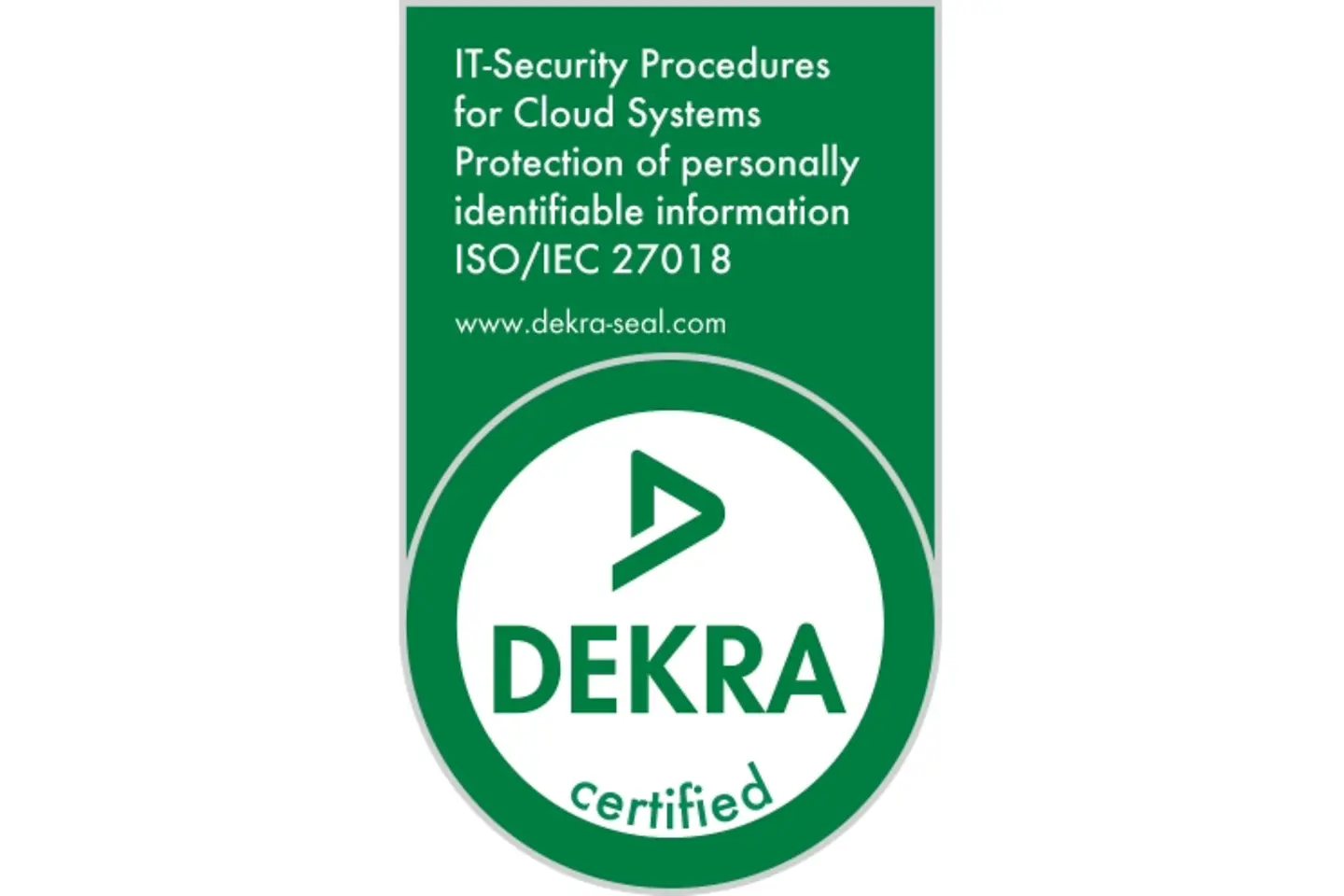
ISO/IEC 27018 establishes commonly accepted control objectives, controls, and guidelines for implementing measures to protect Personally Identifiable Information (PII) in accordance with the privacy principles in ISO/IEC 29100 for the public cloud computing environment.
In particular, ISO/IEC 27018 specifies guidelines based on ISO/IEC 27002, taking into consideration the regulatory requirements for the protection of PII which might be applicable within the context of the information security risk environment(s) of a provider of public cloud services. The standard provides guidance aimed at ensuring that cloud service providers offer suitable information security controls to protect the privacy of their customers’ clients by securing PII (Personally Identifiable Information) entrusted to them.
The IDW PS 980 defines the basic elements of a compliance management system and other terms in a very structured form. The standard provides compliance officers in companies with a guideline and the basis for compliance with laws, regulations, and self-commitments within the framework of a compliance management system and provides companies with possibilities to demonstrate their own compliance and also to place specific requirements on their business partners.
An audit according to this standard allows an independent statement of the company’s own CMS in comparison to a general standard.
To the audit report on the effectiveness of the compliance management system according to IDW PS 980 for the anti-corruption unit of T-Systems International GmbH.
The security and performance of individual solutions and products offered by the trust center are assured through regular certifications. The team works in accordance with the requirements of the European Telecommunications Standards Institute (ETSI). TÜV Informationstechnik GmbH has successfully audited the Deutsche Telekom Security CA’s: Server.ID and Business.ID.
Deutsche Telekom complies with EU requirements for electronic identification, authentication, and trust service (eIDAS). Pursuant to article 21(2) in conjunction with article 3(16a) of Regulation (EEC) No. 910/2014 (eIDAS Regulation) it was awarded the status of qualified trust service provider for the creation of qualified certificates for:
¹ Under the umbrella certificate of Deutsche Telekom AG